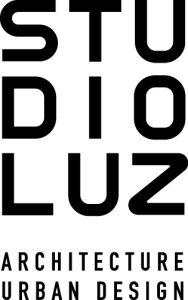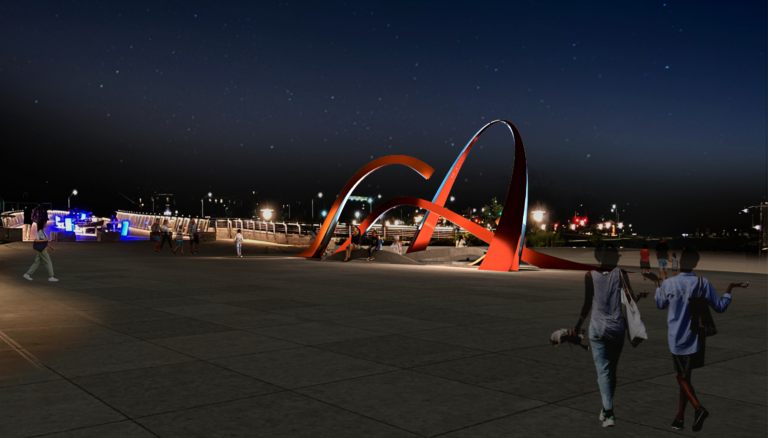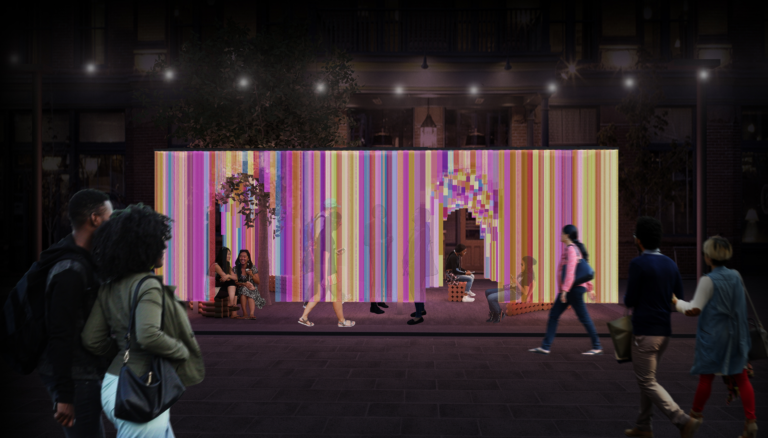If…Then: Armature, Interface, Exhibition
THE URBAN CENTER, MANHATTAN, NY
“If…Then” Young Architect’s Forum Exhibit
Completion: 2004
Project Overview
A sculptural and interactive installation that engaged the viewer as a participant. The work received the Young Architects Forum Prize from the Architectural League in New York.
Project Team
Hansy Better Barraza
Anthony J. Piermarini
Michael Beaman
Charles Austin
Myles Bennett
Jonathan Braddock
Danny Chan
Akira Gunji
James Smith
Fabrication
Precision Laser
Photography
Greg Irikura
PARTICIPATORY DESIGN
DIALOGUE AS FORM
Studio Luz conceived this framework to be dialogical in nature, from the process of collaborative construction to the required participation of the viewer through a series of illuminated stereoscopic slide viewfinders and magnifiers.
INNOVATIVE MATERIAL USE
REUSABLE STEEL BRACKETS
Interlocking, reusable steel brackets created the dynamic neural-like system. The structure could be expanded or shrunk to fit into any space.
RHETORICAL STRATEGIES
ACTIONS & RE-ACTIONS
This installation was an experiment in exploring and challenging intuitions. It represented a series of negotiations between certain conceptual ambitions and a material realization.
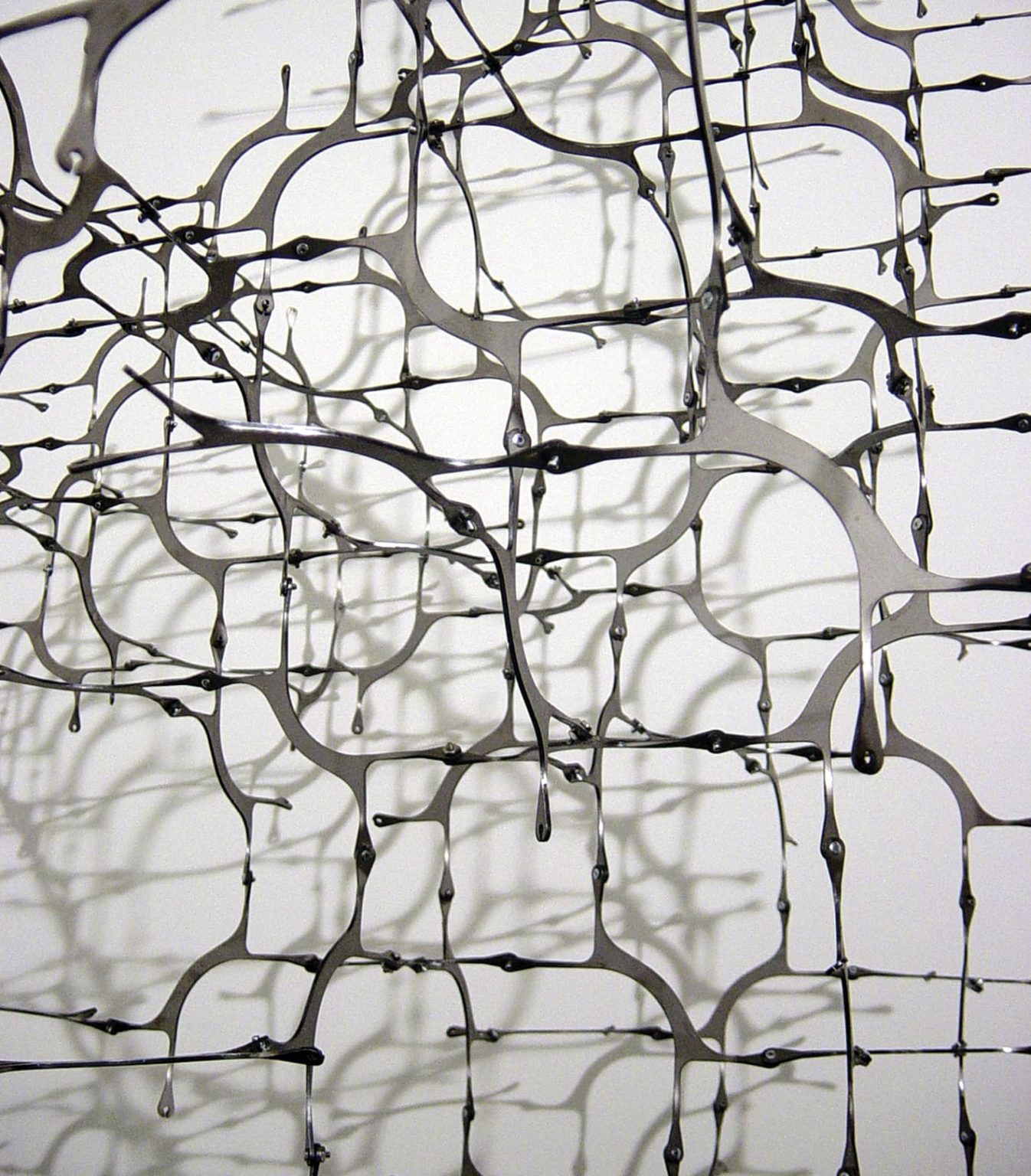
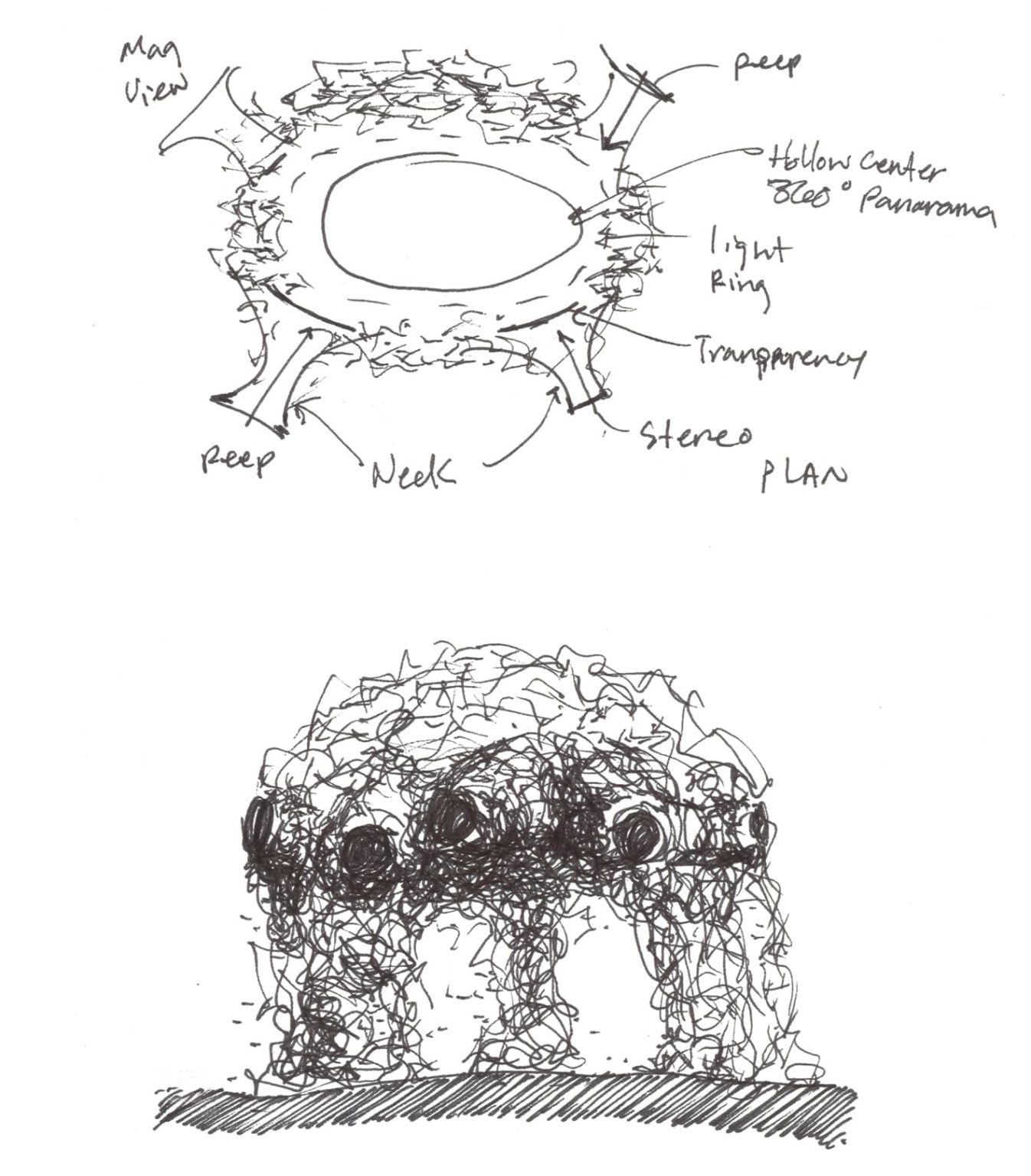
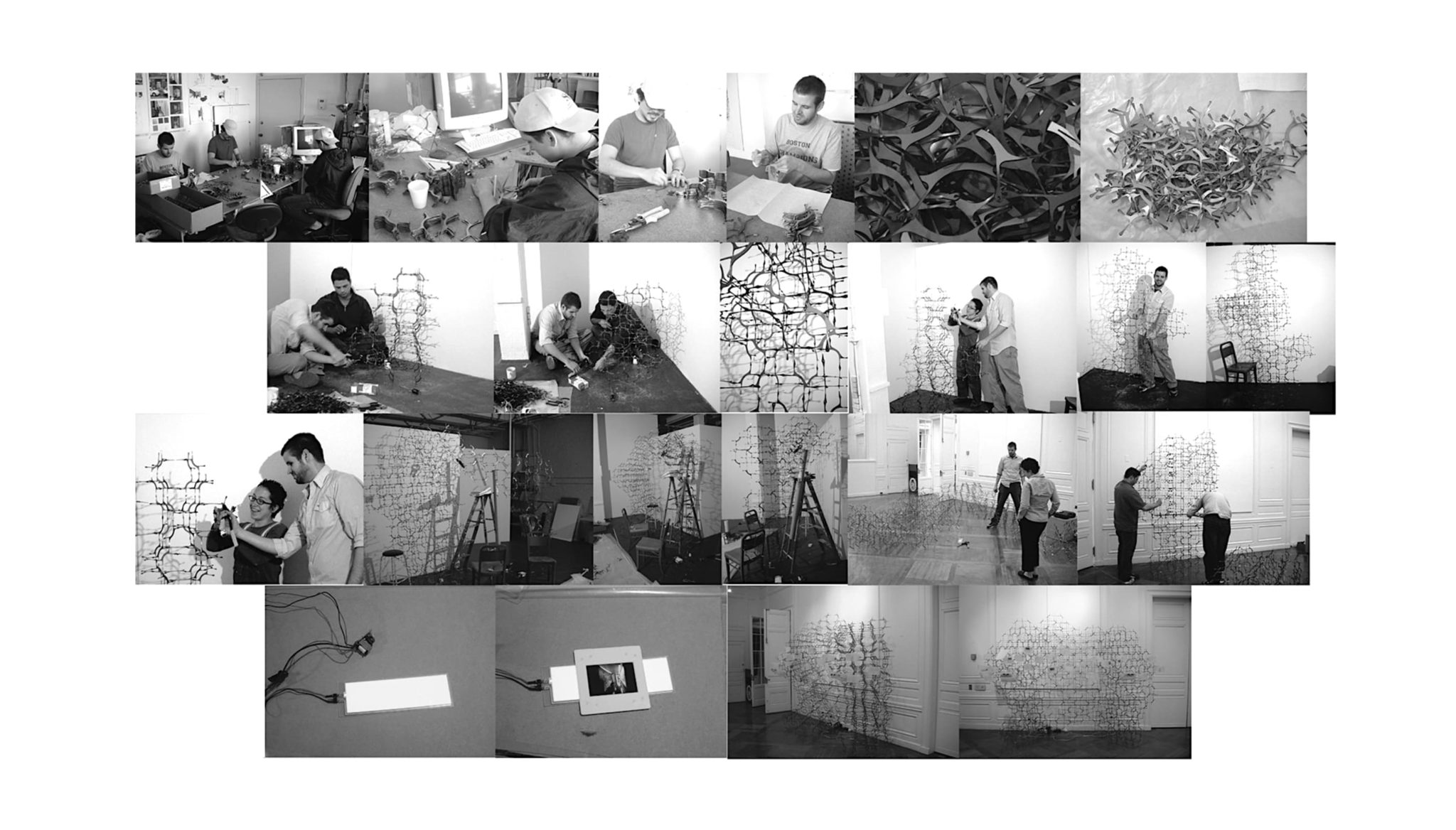
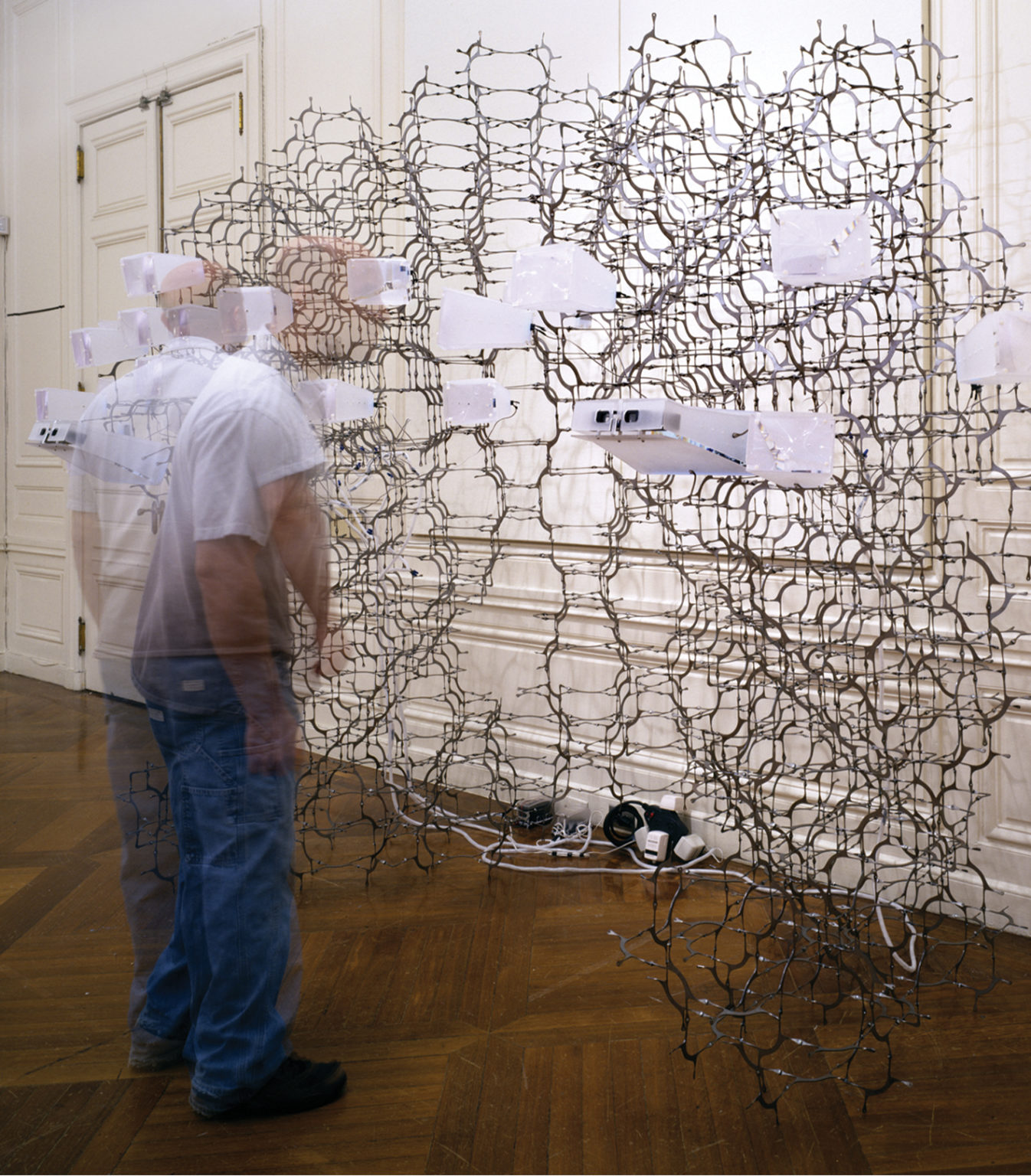
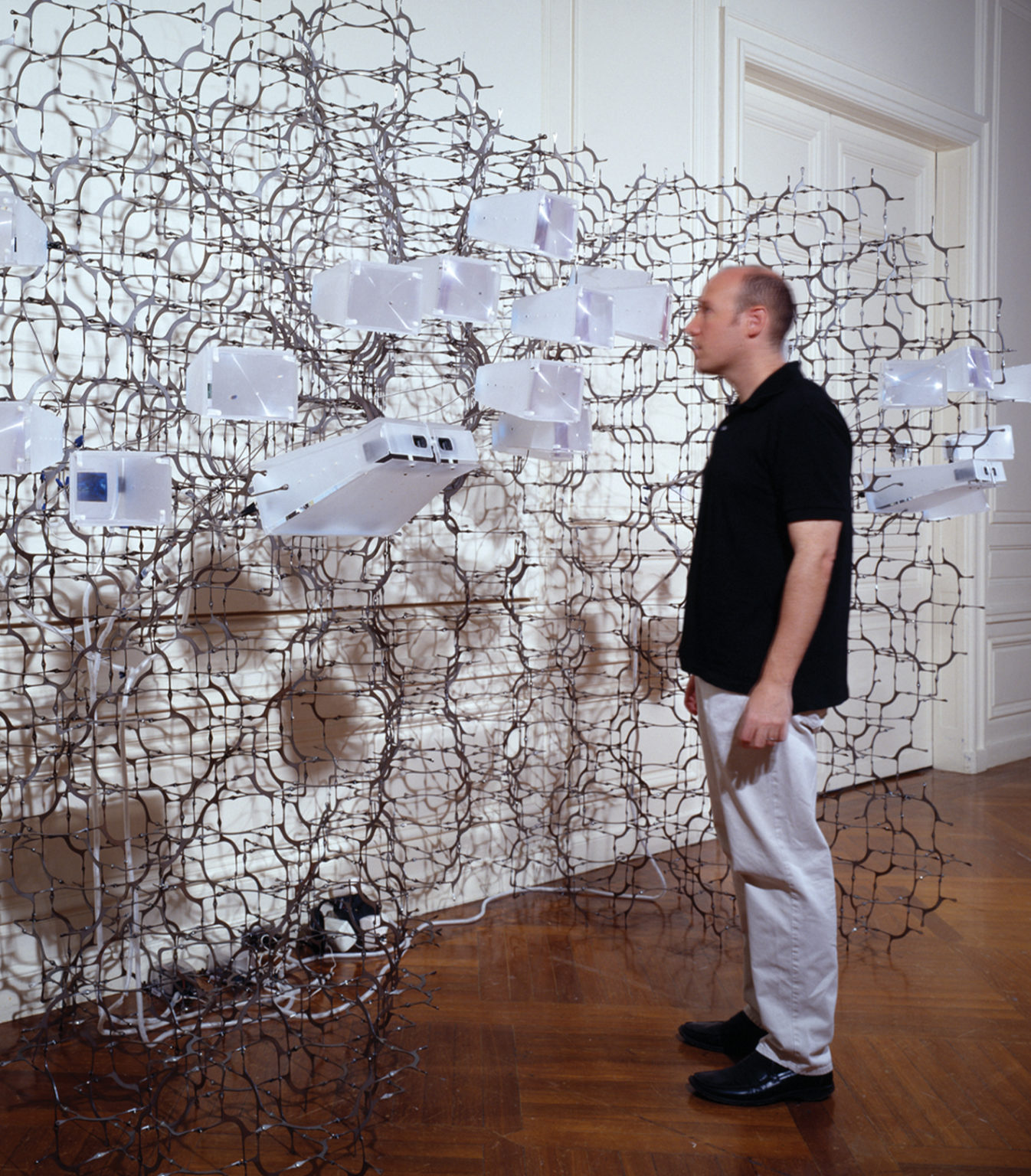
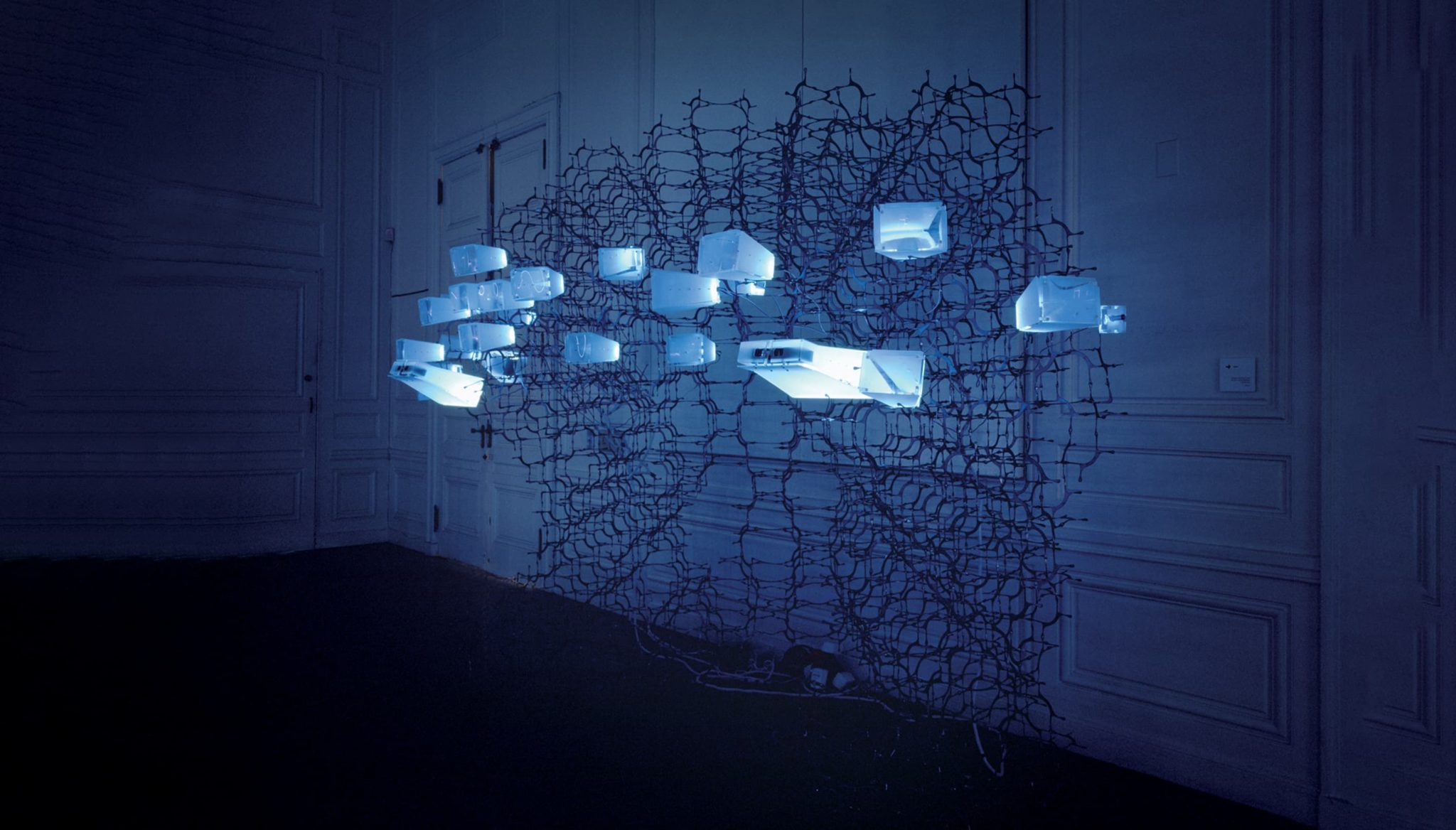
About the Installation
AT THE YOUNG ARCHITECTS FORUM
The theme behind this competition was If…Then. The call for entries read: “Architectural invention relies on the presentation of a story, or speculative fiction…What effects do our speculations generate?…What possibilities can architecture present within the framework of the built environment in writing these social fictions?” Reflecting on this speculative context, Studio Luz took the opportunity to rethink and question methods for the development of site, program, form, technology, and materials. The resulting inventive installation was an experiment in exploring and challenging intuitions. A web of interlocking steel brackets created a neural-like system that supported a series of illuminated stereoscopic slide viewfinders and magnifier. This framework simulated the world wide web, a cultural symbol unto itself. The works presented within the viewfinders observed and reacted to various forms of social relationships, ranging from a mail-slot to a 13,000 square foot Fellowship Center. The effect was a socio-cultural investigation that Studio Luz has become renowned for. Studio Luz’s accompanying entry statement for the installation posited: “If architecture can establish a dialogic relationship with its users, receiving and creating meaning, then architecture can be a cultural expression affirming its relationship to the community in which it serves.”
